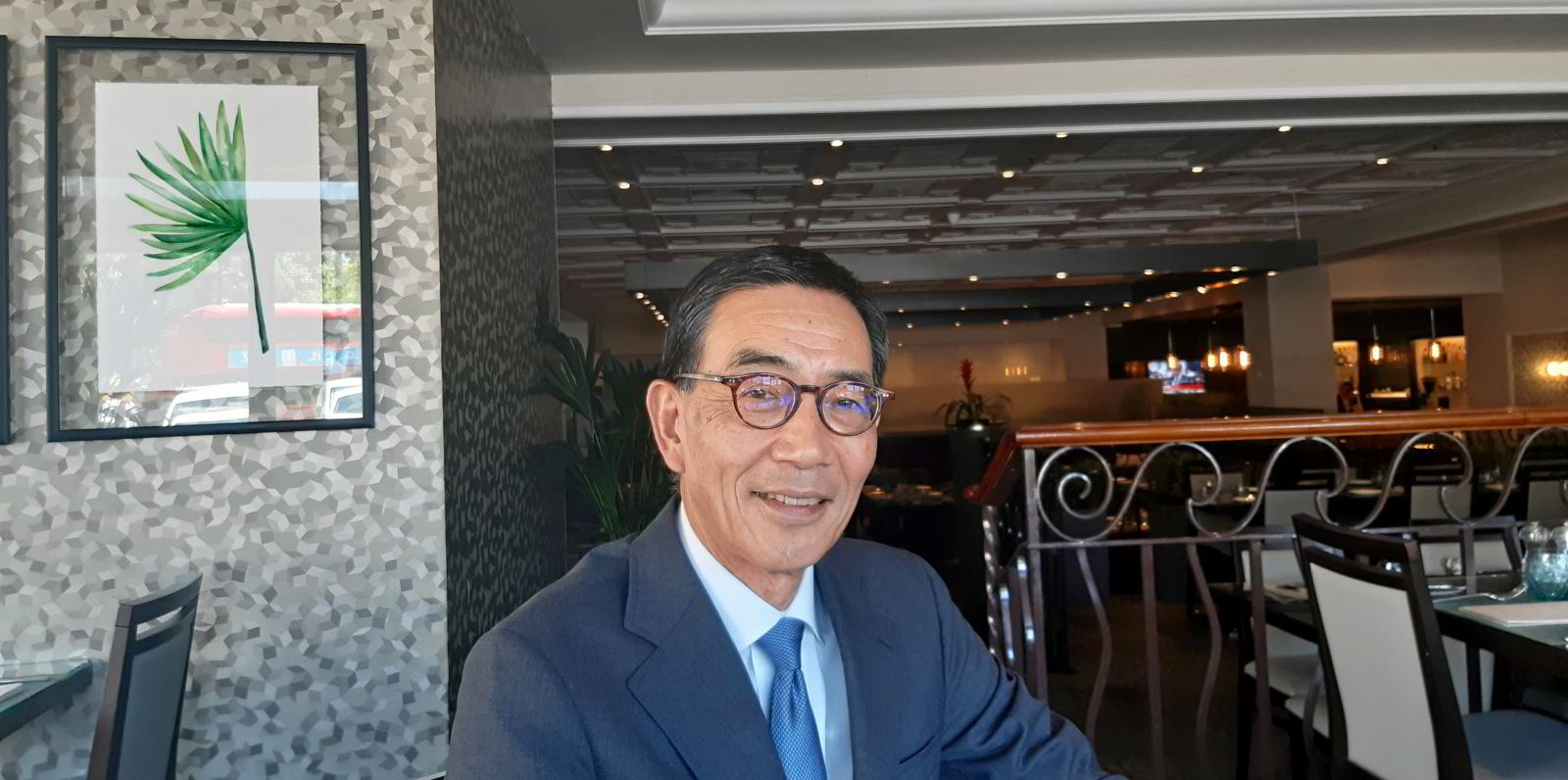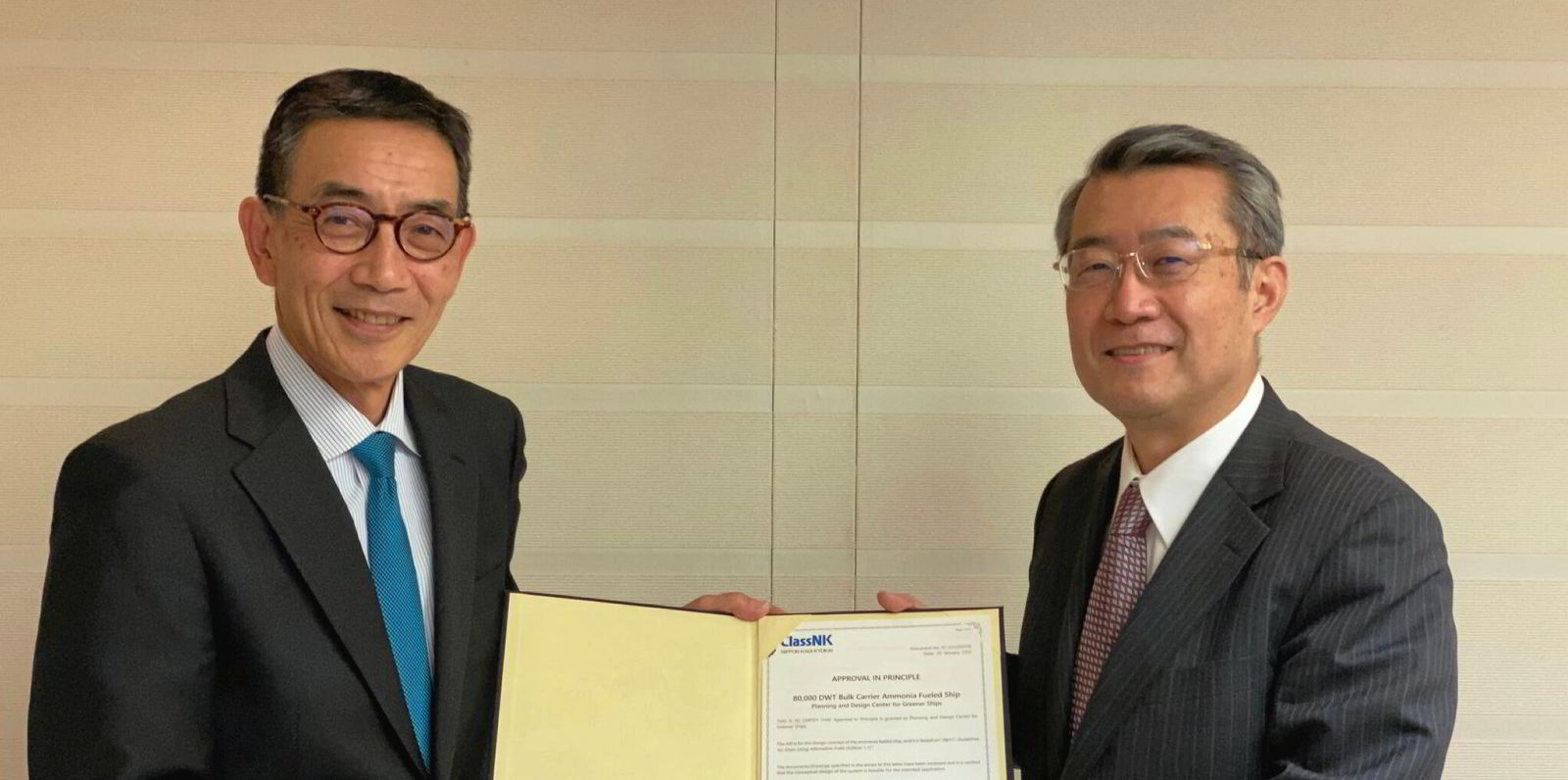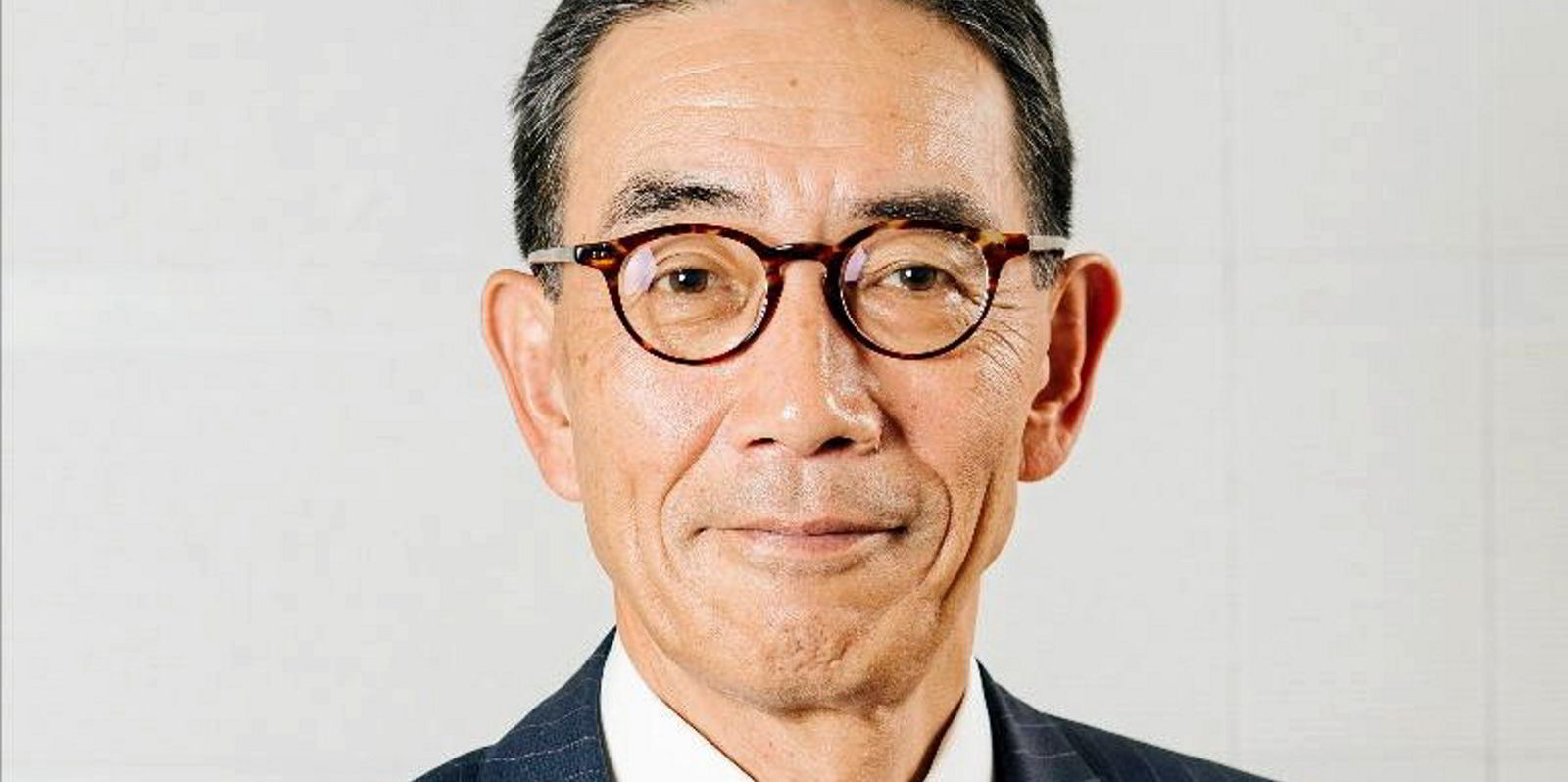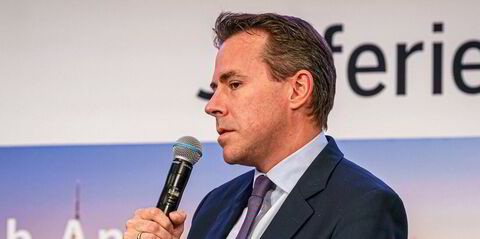Just over two years ago, Hiroaki Sakashita took over the role of president at ClassNK at a difficult time for the very traditional Japanese classification society.
The world was just about to be plunged into a pandemic that would see a dramatic slump in newbuilding orders — its main source of new business.
ClassNK is known for its historical links with the Japanese shipbuilders and owners, and its focus on the maritime industry.
The dearth of orders came at a time when Japanese shipyards were already lagging behind rivals in China and South Korea in winning newbuilding contracts.
Major Japanese shipbuilders were closing yards and pulling out of the market. Although Japanese shipowners have grown over recent years, they have also been looking to source more classification services outside the country.
Despite the apparent erosion of ClassNK's main domestic client base, Sakashita is remarkably calm about the situation.
The class society has overcome the problems of the pandemic and largely caught up with the backlog of certification work.
A recovery in newbuilding orders in 2021 has helped Japanese yards build up plenty of orders, and ClassNK has taken on a lot of the certification work.
Despite the troubles at Japanese yards, ClassNK still has the largest fleet under class of all the International Association of Classification Society members, measured on a deadweight tonne basis.
As for the Japanese maritime industries, Sakashita believes it is time to be optimistic about the future.
He predicts that a unique culture of collaboration within the maritime cluster on decarbonisation projects will be a major boost for the country.
ClassNK is playing a key role in verifying and certifying technology development in dozens of national decarbonisation projects.
“The shipping industry and shipbuilding industry are now facing the big challenge of decarbonisation,” Sakashita said. “So in order to cope with this very huge challenge, Japanese shipbuilders have started to collaborate closely with each other.
Exploring solutions
“We are now at the stage of exploring the technological solutions for zero-emission ships. Shipowners like NYK or MOL, shipbuilders and machinery manufacturers are collaborating to explore the solutions. That is the strong point of the Japanese industry. Sooner or later, the outcome will be much clearer to the public.”
The Japanese collaboration on decarbonisation extends to the government, which is playing a key role — not only in coordinating and funding projects, but also in looking to encourage international regulation that will pave the way for the industry to decarbonise.
- Headquartered: Tokyo and Chiba, Japan
- Established: 1899
- Ships in class: 9,143 of 267m gt
- New ships registered in 2021: 532 of 14.8m gt
- Market share: Approximately 20%
“The cost of investment and the cost for running a business will definitely increase with decarbonisation,” Sakashita said. “So, in order to introduce brand new technological solutions to businesses, certain policy measures are essential. Without these policy measures, no one can invest in new ships, or the bunker supply chain.”
There are also new markets opening up for ClassNK, which has started to get involved with certifying work in a national project to develop land-based and offshore wind farms.
It is also applying its experience in measuring greenhouse gas emissions in the shipping industry to the aviation and road transportation markets.
Not for profit
ClassNK’s classification services are provided on a not-for-profit basis.
But a recent change to its constitution has allowed it to develop commercial business activities.
As a former civil servant, who previously worked for the Ministry of Land, Infrastructure, Transport & Tourism, Sakashita has had to adopt a more entrepreneurial approach to his management style.
But he has drawn up a new business plan to develop further alternative business streams. So far, this involves providing commercial consultancy services that will help clients meet the demands of environmental, social and corporate governance (ESG) while also helping the bottom line.
Zero-Emission Transition Support Services provides a package of support that will help owners to meet all the upcoming voluntary and mandatory decarbonisation measures.
“From this year, ClassNK has started a new five-year programme in which we will enhance our services beyond conventional class services,” Sakashita said.
“Now companies are concentrating on minimising business risks or increasing the sustainability of their business. In order to cope with such kind of demand, we have to enhance our services in that sector.”





